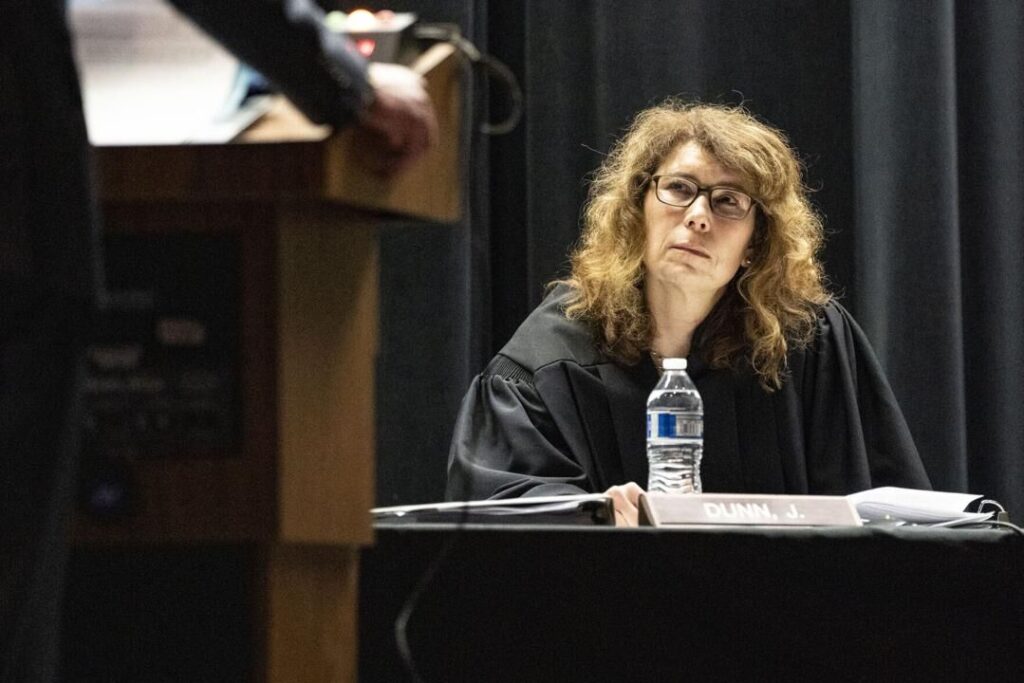Weld County drug conspiracy conviction overturned due to lack of conspiracy
Weld County prosecutors did not prove a man was guilty of a conspiracy to distribute because the onetime, aborted transaction of an ounce of methamphetamine could not support the concept of “conspiracy,” Colorado’s second-highest court ruled on Thursday.
Jessie Rodriguez Sr. is serving a four-year prison sentence following his conviction in 2022. An undercover law enforcement investigator contacted Rodriguez to buy one ounce of methamphetamine and Rodriguez agreed to sell it. Rodriguez then met with a different undercover officer for the transaction, but suspected he was being set up and parted ways before any exchange could occur.
In 2016, the Court of Appeals held that a buyer-seller relationship between two people, without more, did not amount to a conspiracy to distribute. At the time, the court noted that all federal appeals courts had reached a similar conclusion for federal cases.
In defending Rodriguez’s conviction before a three-judge Court of Appeals panel, the government acknowledged that principle. However, it maintained prosecutors did present something more to show the intended transaction exhibited an intent to distribute: the undercover investigator’s testimony that an ounce of meth is “more than a user would normally have” and is “gonna be further distributed.”
Judge Terry Fox, writing in the panel’s May 2 opinion, agreed broadly that the frequency of drug transactions or the amount exchanged could suggest a conspiracy in which the participants intended to distribute.
In Rodriguez’s case, “that quantity could have been divided and further distributed,” she wrote. “But we do not believe an ounce, absent supporting evidence, is so significant on its face to permit a reasonable inference of further distribution.”
The panel noted prosecutors could have presented further information to demonstrate a conspiracy based on the onetime exchange of an ounce of meth. But “absent other evidence such as a relationship, prior dealings, financing arrangements, or a shared distribution objective,” Fox concluded, prosecutors failed to show a conspiracy to distribute.
The panel overturned Rodriguez’s conviction for insufficient evidence. Prosecutors are barred from retrying him.
The case is People v. Rodriguez.











